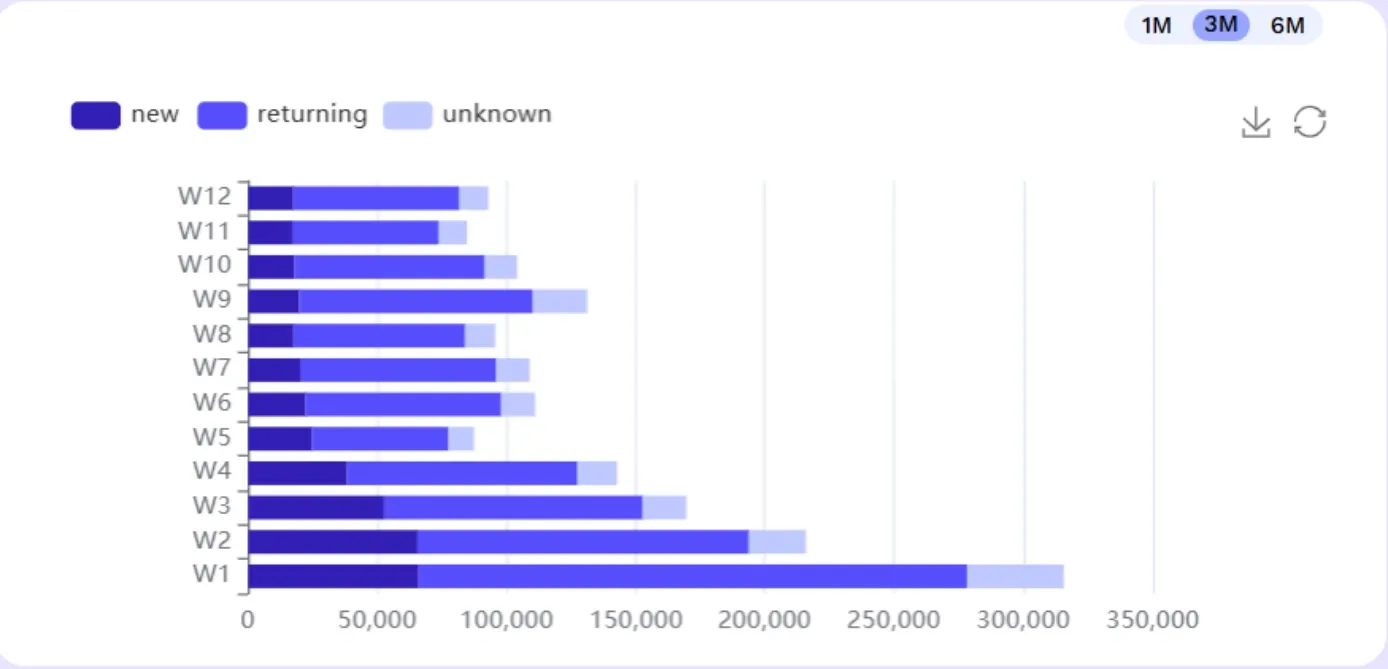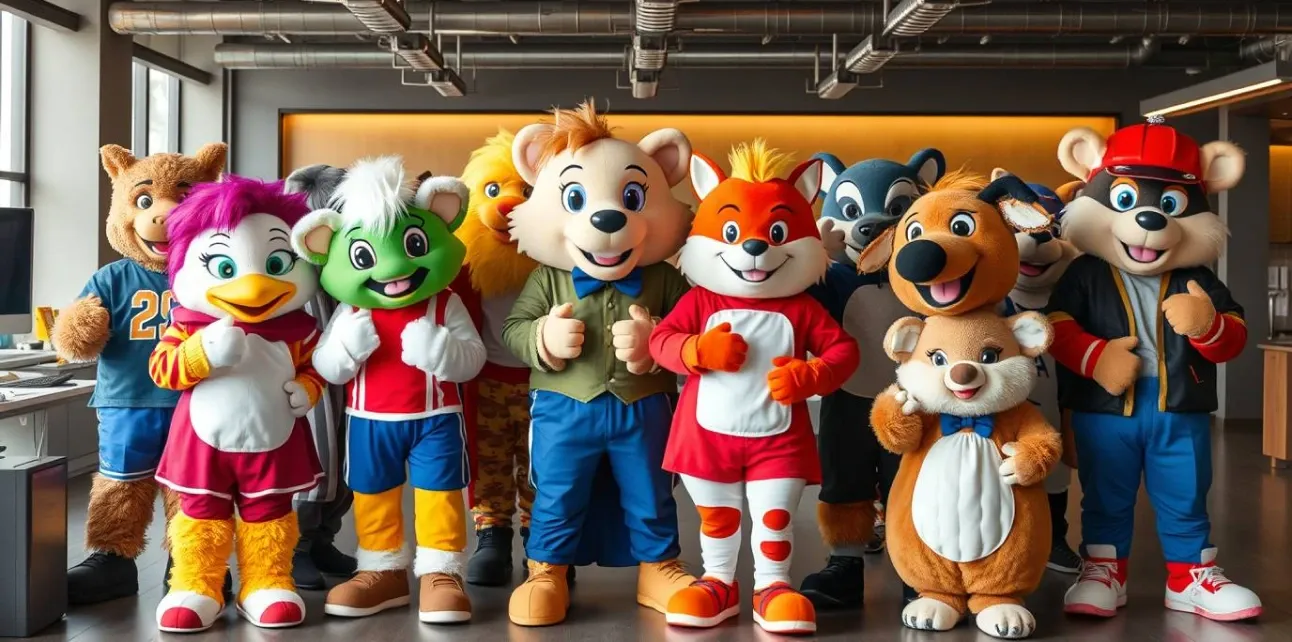In an era where websites serve as the front door to most businesses, driving and maintaining user engagement is more critical than ever. Yet, many websites face challenges such as high bounce rates, short session durations, and low user retention. Visitors often leave after just a few clicks, failing to engage deeply with the content or take desired actions, such as signing up, making a purchase, or sharing the site with others. The root of the problem often lies in a lack of emotional connection and interactivity. Generic designs and impersonal experiences make it difficult for businesses to stand out and hold visitors' attention.
A powerful yet underutilized solution lies in the strategic use of brand mascots. By incorporating mascots into digital platforms, companies can foster emotional bonds, humanize their brand, and create a more compelling narrative that resonates with users.
What Are Brand Mascots?
Brand mascots are visual, often anthropomorphic, representations of a brand's identity. They may take the form of human figures, animals, or completely fictional characters designed to embody the company’s personality and values. Mascots serve as ambassadors for brands, bridging the gap between corporate identity and consumer engagement.
Historically, brand mascots have been used across various industries, from FMCG to technology, to enhance brand visibility. The Amul Girl, Pillsbury Doughboy, and Fido Dido for 7UP are notable examples of mascots that successfully embody their brand's essence. Unlike static design elements, mascots add a dynamic and personal touch to websites. They build emotional bridges between brands and visitors by offering a relatable, interactive, and often entertaining experience. According to research on branding and consumer behavior, mascots excel in fostering positive emotional connections, which are key drivers of sustained user engagement.
Why Brand Mascots Work: The Psychology Behind Their Effectiveness
The effectiveness of brand mascots can be attributed to two psychological phenomena: anthropomorphism and brand personification. Anthropomorphism involves attributing human characteristics to non-human entities, making mascots more relatable. When users identify with a mascot, they are more likely to form an emotional bond with the brand it represents.
Brand Personification, on the other hand, transforms a brand into a relatable entity that aligns with a consumer’s self-image. Research highlights that consumers prefer brands with human-like personas, as this foster deeper emotional engagement. Such connections often lead to higher brand recall and purchase intent.
Benefits of Brand Mascots for Website Engagement and Growth
Effective website engagement drives business growth. On average, it is identified that websites with mascots see an average of 52% of visitors engaging with them, showcasing their exceptional ability to grab attention and act as a powerful tool for boosting engagement. A highly engaged visitor is more likely to convert into a customer, recommend the site to others, or become a loyal advocate for the brand. With platforms like Chateleon, creating and integrating brand mascots has never been easier, empowering businesses to enhance engagement effortlessly. Mascots support growth in several ways:
Enhancing Brand Awareness: Mascots significantly increase a brand's visibility by serving as a memorable visual cue. They make brands easier to recognize and recall across diverse scenarios. Mascots enhance brand awareness, a critical first step in building strong brand equity. Chateleon is a platform that helps you create a mascot that is uniquely tailored to your brand, ensuring it's memorable and resonates with your target audience.
Creating a Distinct Brand Identity: Mascots help brands stand out in crowded markets by providing a unique and consistent face for the brand. By aligning with the brand narrative, they reinforce messaging and give intangible products a tangible personality. Chateleon enables you to create a unique and consistent brand identity by designing mascots that align perfectly with your brand's narrative.
Strengthening Emotional Connections: Unlike static design, mascots add a “human” touch to websites. They make the online experience warmer and more inviting, helping users feel emotionally connected to the brand. Chateleon offers mascots that embody your brand’s personality, values, and the emotional tone you want to convey. This enables you to create a relatable persona that makes a real emotional connection with your visitors.
Improving Interactivity and Engagement: Mascots can serve as virtual guides, simplifying website navigation. Whether it’s offering tips, answering questions, or guiding users to key areas, Chateleon-powered mascots create a more interactive and enjoyable experience.
For instance:
An e-commerce website selling high-end fashion saw a 49.01% interaction rate when their mascot was integrated with their WhatsApp store.
A fashion institute achieved a 53.60% interaction rate by integrating their mascot with their WhatsApp support chat.
A digital solution provider experienced a 39.15% interaction rate with their mascot integrated with their website's support form.
Notably, a kids' gymnastics institute saw a 63.67% interaction rate when they used their mascot with their website's support system.


Encouraging Repeat Visits: Memorable mascots make a strong impression, encouraging visitors to return. Repeat visits are critical for building trust and moving users further along the conversion funnel. Because Chateleon mascots are memorable and engaging, they leave a lasting positive impression, encouraging repeat visits and building brand loyalty. This helps move visitors further down the conversion funnel.
The graph below illustrates how an ed-tech company experienced a growing trend in returning clients over time after introducing brand mascots by Chateleon.

Driving Social Sharing: Mascots that users find relatable or entertaining often become shareable content. From animated interactions on a website to mascot-themed social media campaigns, this virality brings new traffic and potential customers and Chateleon provides the tools to amplify your brand’s reach through shareable content.
How to Use Mascots Effectively on Websites
Understand Your Target Audience: Not all users or industries are equally receptive to mascots. For example, playful mascots may work well for e-commerce or entertainment websites but feel out of place on a financial services site. Understanding your audience is crucial to determining if a mascot aligns with your website’s goals.
Design with Purpose: Mascots should complement the overall website design and functionality. They must be visually appealing but not overwhelming. A minimalist mascot may work better for professional websites, while vibrant, animated mascots suit playful or creative brands.
Seamless Website Integration: Position mascots where they add the most value, such as in navigation menus, onboarding flows, or interactive sections. For example, a mascot can welcome users to the homepage, guide them through registration, or celebrate a successful purchase.
Strategic Call-to-Actions (CTAs): Integrating your mascot with CTAs can significantly boost engagement. Websites that use their mascots as buttons for redirection to subpages, chatbots, or WhatsApp support have seen remarkably higher interaction levels. These impressive results were achieved by companies utilizing mascots created and integrated through platforms like Chateleon.
Consistency Across Platforms: Use the mascot consistently across the website to reinforce its role as a core element of the brand. Avoid overusing it, as this can dilute its impact and overwhelm visitors.
Measure Effectiveness: Monitor engagement metrics like click-through rates, time on site, and bounce rates to assess the mascot’s impact. Use A/B testing to refine its role and placement on the website.
Brand mascots offer a powerful and creative way to drive website engagement and growth. They foster emotional connections, enhance brand recall, and make websites more interactive and enjoyable for users. However, their effectiveness depends on strategic implementation, industry suitability, and alignment with the target audience.
For businesses that can leverage mascots effectively, the rewards are significant: improved website performance, stronger customer loyalty, and a distinct competitive edge. By addressing challenges thoughtfully and focusing on audience needs, mascots can become indispensable tools for digital marketing success.
Looking to incorporate an engaging mascot into your website? Chateleon makes it easy to design and implement custom mascots tailored to your brand. Whether you need a virtual guide, an interactive assistant, or a fun, memorable character to boost engagement, Chateleon is your all-in-one solution.
Start your journey with Chateleon today and watch your website engagement soar! Reach out to Random Walk to know more about Chateleon and how we can help you in increasing your website engagement growth.

